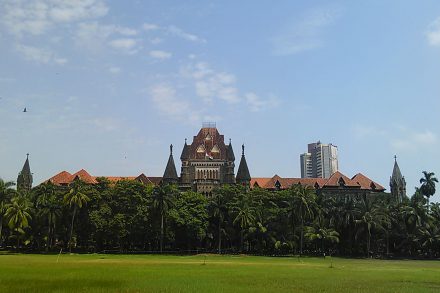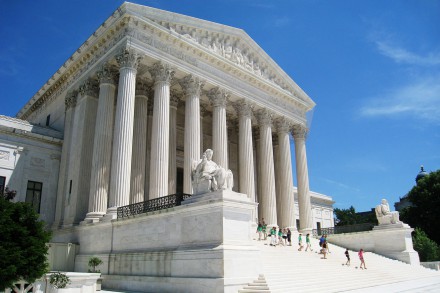
Evidence of a related witness cannot be discarded; FIR is not an encyclopedia: SC
Supreme Court: R. Banumathi, J. speaking for herself and Ranjan Gogoi, J. dismissed a criminal appeal filed against the judgment of the

Supreme Court: R. Banumathi, J. speaking for herself and Ranjan Gogoi, J. dismissed a criminal appeal filed against the judgment of the
Uttaranchal High Court: While delivering the judgment in a case of alleged rape of a one year and three months old baby
Chhattisgarh High Court: In an appeal filed against the conviction of the appellants by the trial court under Section 307 IPC, a

Bombay High Court: A criminal appeal challenging the judgment of the trial court, whereby the appellant was convicted of offence under Prevention

Bombay High Court: The sentence of the appellant who was convicted for kidnapping and rape, was reduced to the period already undergone
Rajasthan High Court: Conviction of the appellant under Section 302 IPC was modified to Section 304(1) by a Division Bench comprising of
Delhi High Court: A Division Bench comprising of Murlidhar and I.S. Mehta, JJ., dismissed an appeal against conviction for offence under Section
Chhattisgarh High Court: An appeal was filed by the appellant against the order of his conviction and sentence under Section 307 IPC
Chhattisgarh High Court: The Conviction of Accused 1-appellant in a criminal case for offences punishable under Sections 302 and 201 read with

Himachal Pradesh High Court: A Single Judge Bench comprising of Tarlok Singh Chauhan, J., decided a criminal petition filed for quashing the
Karnataka High Court: A Division Bench comprising of Ravi Malimath and Dr. H.B. Prabhakara Sastry, JJ., decided a criminal appeal filed under

Supreme Court: The bench comprising of L.Nageswara Rao and Navin Sinha, JJ. held that in the absence of conclusive and consistent proof

Supreme Court: The Bench of P.C. Ghose and R.F. Nariman, JJ held that any person can be directed to give his finger

Supreme Court: In the case where 5 appellants, convicted under Section 302 read with Section 149 IPC, had approached the Court with

Supreme Court: While examining the circumstantial evidences in case of brutal murder of a young bride, the bench comprising of Prafulla C.

Supreme Court of United States: The Court in a unanimous decision allowed the State’s writ of Certiorari and reversed and remanded the

Supreme Court: Dealing with the question of admissibility of confessional statements so as to establish criminal conspiracy vide Section 120B of the